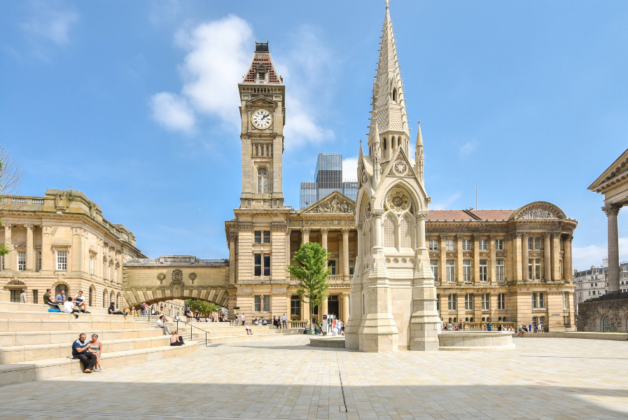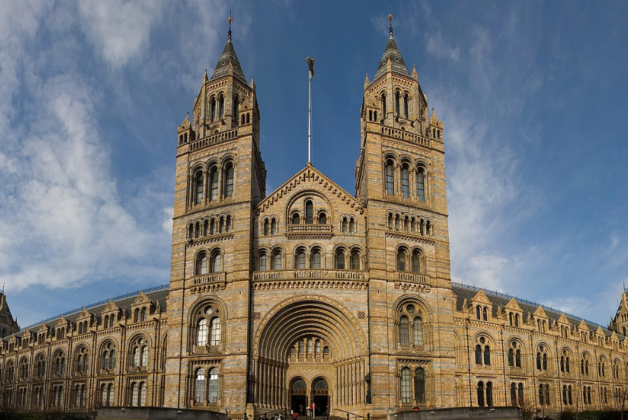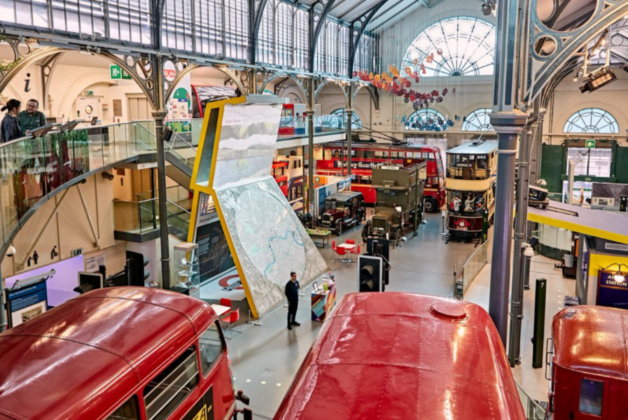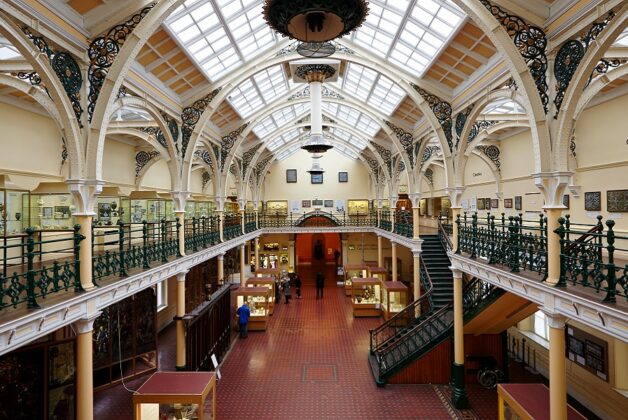By Adrian Murphy
A new 100-page report has been published today that investigates the attitudes, behaviours and skills needed in the UK museum workforce for the next 10 years
The Character Matters: Attitudes, behaviours and skills in the UK Museum Workforce report features 30 recommendations focusing on recruitment, skills and continuing professional development (CPD), organisational and sector development.
ACE together with Museums Galleries Scotland, the Museums Association, and AIM, commissioned BOP Consulting in December 2015 to research the future of the UK museum workforce in order to establish where to invest to best support the museums sector, and to highlight areas of future development.
Research included more than 2,000 online survey responses, a literature review: of both museum-specific material and wider, non-museum-specific literature on “personal qualities” and their importance in the labour market; a consultation of five UK-wide museum sector workshops both England and Scotland; eight one-to-one interviews with museum directors, and analysis of recruitment materials and a sample of 59 job adverts and job descriptions representing a range of roles, grades and types of organisations.
John Orna-Ornstein, director of museums at ACEIt should be a clarion call to all of us: the strongest asset of museums is their workforce and they deserve proper support and development
The Museums Workforce Research finds that:
- The sector needs to recruit and develop a more diverse, flexible workforce that brings new skills, energy and ideas into the sector by developing their recruitment and line management practice.
- Different approaches to learning and training are needed, for example, prioritising personal qualities such as optimism, conscientiousness and curiosity which can be nurtured through long term development methods such as having a mentor.
- There needs to be a greater emphasis on people who can combine a specialism, such as collections, with a broad range of others skills and knowledge, such as business, leadership and digital.
- Organisations should themselves become more flexible, agile, entrepreneurial and supportive of their workforce.
- Funders and sector support organisations are challenged to encourage applicants to demonstrate commitment to diversifying and supporting their workforce, as well as celebrating and sharing good practice.
“Workforce diversity needs to be a priority for everyone across the arts and culture sector,” said John Orna-Ornstein, Director of Museums at ACE. “This report shows that we need to invest more in the workforce of museums at a time of rapid change. Everyone working in the sector should have the opportunity for personal development; that is the responsibility of funders, sector bodies and every museum. It should be a clarion call to all of us: the strongest asset of museums is their workforce and they deserve proper support and development.”
The findings of the report have also highlighted three key challenges for the museum sector to address:
- How to recruit a more diverse workforce (both paid and volunteer) into the sector in general, including people with more of the kinds of “personal qualities” that are identified as assets in an environment that will likely increasingly emphasise adaptability, entrepreneurialism and fewer deep specialisms?
- How to develop the existing workforce, not just in terms of skills, but also in terms of developing their “personal qualities”, particularly given that some of these qualities are difficult to change?
- How to get organisations themselves to be more flexible, agile and entrepreneurial and supportive of their workforce?
Tamalie Newbery, AIM Executive Director said that the research offers useful signposts for future development of the museum workforce. “We know that organisations can only be changed through the people who work in them – developing existing staff, trustees and volunteers and bringing in new talent,” she said. “We are looking forward to working with all our partners in taking the recommendations forward. We particularly welcome the recommendations around improving the business skills of people who work in museums and will be looking at how we can support this.”
AIM is already supporting the development of boards and trustees through the AIM Hallmarks Governance Programme, which is highlighted in the report as an important area for continued investment.




